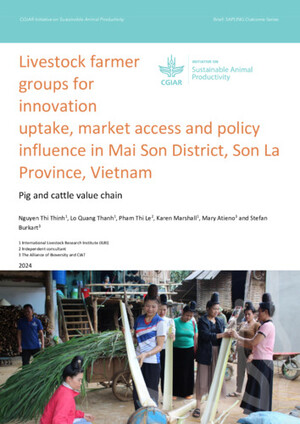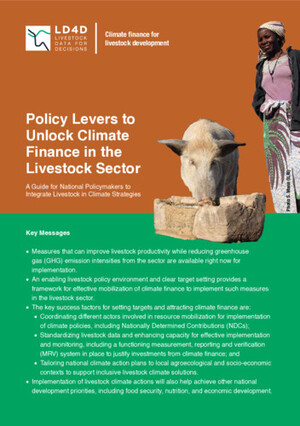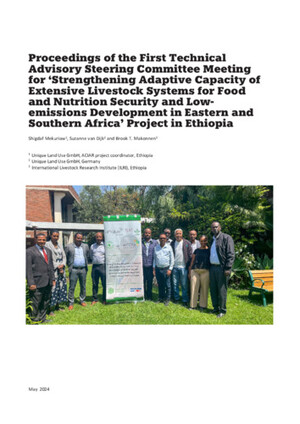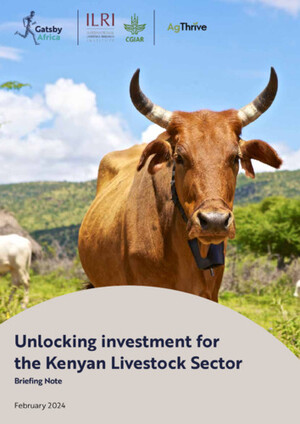
The meat wars: A backlash is occurring on the backlash to meat dietary recommendations published late last year
Roy Lichenstein, Standing Rib (via Wikiart).
On 19 Nov 2019, guidelines were published in the Annals of Internal Medicine that caused a backlash, and now a backlash on the backlash is occurring.
The abstract to the original 2019 Annals article, titled Unprocessed red meat and processed meat consumption: Dietary guideline recommendations from the Nutritional Recommendations (NutriRECS) Consortium, had the following results and recommendations to report.
‘Description
‘Dietary guideline recommendations require consideration of the certainty in the evidence, the magnitude of potential benefits and harms, and explicit consideration of people’s values and preferences.
A set of recommendations on red meat and processed meat consumption was developed on the basis of 5 de novo systematic reviews that considered all of these issues.
‘Methods
‘The recommendations were developed by using the Nutritional Recommendations (NutriRECS) guideline development process, which includes rigorous systematic review methodology, and GRADE methods to rate the certainty of evidence for each outcome and to move from evidence to recommendations. A panel of 14 members, including 3 community members, from 7 countries voted on the final recommendations. Strict criteria limited the conflicts of interest among panel members. Considerations of environmental impact or animal welfare did not bear on the recommendations. Four systematic reviews addressed the health effects associated with red meat and processed meat consumption, and 1 systematic review addressed people’s health-related values and preferences regarding meat consumption.
‘Recommendations’
The panel suggests that adults continue current unprocessed red meat consumption (weak recommendation, low-certainty evidence). Similarly, the panel suggests adults continue current processed meat consumption (weak recommendation, low-certainty evidence).
As detailed in a new article published this week in the Journal of American Medical Association, the ensuing backlash over those meat dietary recommendations included questions about corporate ties to some of the nutrition scientist authors. As Rita Rubin explains:
It’s almost unheard of for medical journals to get blowback for studies before the data are published. But that’s what happened to the Annals of Internal Medicine last fall as editors were about to post several studies showing that the evidence linking red meat consumption with cardiovascular disease and cancer is too weak to recommend that adults eat less of it.
‘Annals Editor-in-Chief Christine Laine, MD, MPH, saw her inbox flooded with roughly 2000 emails—most bore the same message, apparently generated by a bot—in a half hour. Laine’s inbox had to be shut down, she said. Not only was the volume unprecedented in her decade at the helm of the respected journal, the tone of the emails was particularly caustic.
‘We’ve published a lot on firearm injury prevention,’ Laine said. ‘The response from the NRA (National Rifle Association) was less vitriolic than the response from the True Health Initiative.’
‘The True Health Initiative (THI) is a nonprofit founded and headed by David Katz, MD. The group’s website describes its work as “fighting fake facts and combating false doubts to create a world free of preventable diseases, using the time-honored, evidence-based, fundamentals of lifestyle and medicine.” Walter Willett, MD, DrPH, and Frank Hu, MD, PhD, Harvard nutrition researchers who are among the top names in their field, serve on the THI council of directors.
‘Katz, Willett, and Hu took the rare step of contacting Laine about retracting the studies prior to their publication, she recalled in an interview with JAMA. Perhaps that’s not surprising. “Some of the researchers have built their careers on nutrition epidemiology,” Laine said. “I can understand it’s upsetting when the limitations of your work are uncovered and discussed in the open.”
Subsequent news coverage criticized the methodology used in the meat papers and raised the specter that some of the authors had financial ties to the beef industry, representing previously undisclosed conflicts of interest.
But what has for the most part been overlooked is that Katz and THI and many of its council members have numerous industry ties themselves.
‘The difference is that their ties are primarily with companies and organizations that stand to profit if people eat less red meat and a more plant-based diet. Unlike the beef industry, these entities are surrounded by an aura of health and wellness, although that isn’t necessarily evidence-based.
‘The Annals published 5 systematic reviews—4 that included results from randomized clinical trials (RCTs) and observational studies examining the relationship between red meat and health, and a fifth that looked at health-related values and preferences about eating meat. Based on the reviews, the authors produced a guideline that concluded adults needn’t change their meat-eating habits. . . .
The authors, who noted that their recommendations were ‘weak’ and based on low-certainty evidence, found no statistically significant link between meat consumption and risk of heart disease, diabetes, or cancer in a dozen RCTs that had enrolled about 54 000 participants.
‘The problem, said Harvard Medical School obesity specialist David Ludwig, MD, PhD, is that the science is not that good. “The average research study in nutrition is just lower quality.”
‘In a recent JAMA Viewpoint, Ludwig and his coauthors wrote that compared with pharmaceutical research, dietary studies are far more challenging in terms of consistency, quality control, confounding, and interpretation, which makes translating those findings into public policy “exceedingly difficult.”
‘Instead of coming up with tools to give more weight to observational studies in guideline development, nutrition scientists need to rethink how they design studies, John Ioannidis, MD, DSc, of the Stanford University School of Medicine, wrote in a 2018 JAMA Viewpoint.
‘The [nutrition] field needs radical reform,’ [John Ioannidis, MD, DSc, of the Stanford University School of Medicine] noted.
‘Demands to retract the Annals papers before they were published suggest that the journal’s embargo policy had been violated. (Embargoes prohibit reporters and press officers at the authors’ institutions from circulating articles before they’re published. Breaking an embargo is a serious breach.). . .
‘Four days before the articles were published, Katz and 11 THI members sent Laine a letter asking her to “pre-emptively retract publication of these papers pending further review by your office.” . . .
‘“It’s really frightening that this group, which includes people like Walter Willett and Frank Hu at the Harvard School of Public Health, which happens to be my alma mater, were aware of this and assisting it,” Laine said. . . .
‘Steven Novella, MD, founder and executive editor of the Science-Based Medicine website and a long-time critic of Katz, was more pointed in his assessment of the THI campaign against the meat articles. “It’s a total hit job,” Novella, a Yale neurologist, told JAMA. “They have a certain number of go-to strategies…in order to dismiss any scientific findings they don’t like.” One such strategy, he said, is to lodge accusations of “tenuous” conflicts of interest. . . .
‘Meanwhile, industry ties and other potential conflicts of interest seem to be common among THI council members and the organization itself. . . .
‘Do consumers lose when nutrition researchers can’t play nice? . . . The cacophony that has erupted over the meat papers is drowning out the valid points they made, Laine said.
‘“The sad thing is that the important messages have been lost,” she said. “Trustworthy guidelines used to depend on who were the organizations or the people they came from.” Today, though, “the public should know we don’t have great information on diet,” Laine said.
‘We shouldn’t make people scared they’re going to have a heart attack or colon cancer if they eat red meat.’
Read the whole article: Backlash over meat dietary recommendations raises questions about corporate ties to nutrition scientists, by Rita Rubin, published online by the Journal of the American Medical Association, 15 Jan 2020. doi:10.1001/jama.2019.21441

















